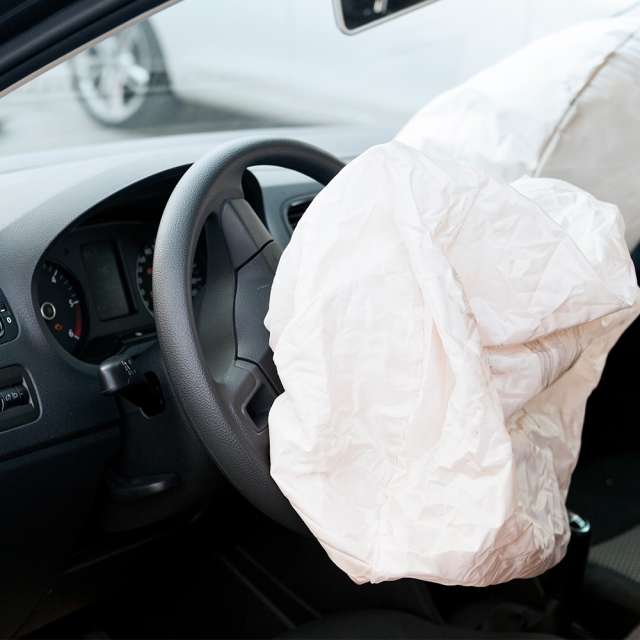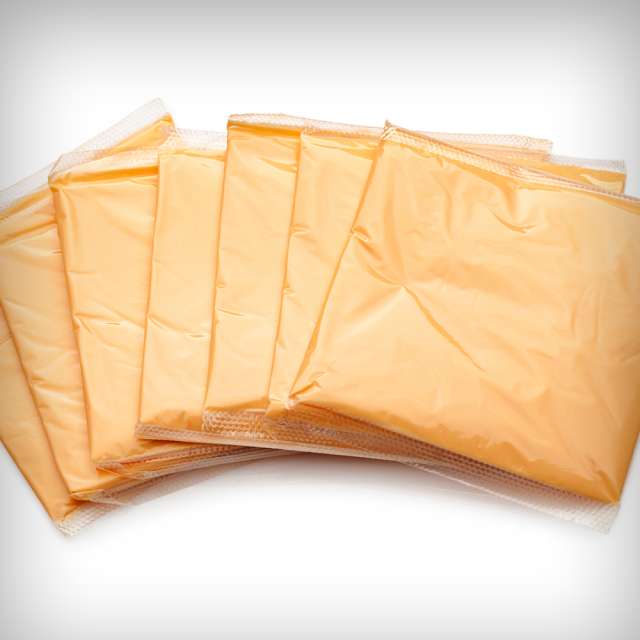‘Public health impacts all of us, in every corner of the globe, every day of our lives-not only our healthy and safety, but also how we live, what we wear, what we eat, what happens to our environment and the stewardship of our planet.’
Here are a few objects that have shaped Public Health in either a positive or negative way:
Full Article: https://www.globalhealthnow.org/100-objects
Airbag

Inventors began developing the concept of car airbags as early as the 1940s. But the first models didn’t deploy fast enough, and it was hard to get buy-in from automakers.
It would take another 30 years for companies such as Ford and General Motors to offer airbags in some of their models. As awareness of the benefits of automobile safety measures such as seat belts grew over the years that followed, the airbag finally had its moment. By 1998, all cars and light trucks sold in the U.S were required to have driver- and passenger-side front-seat airbags.
They’re lifesavers. According to the National Highway Traffic Safety Administration, in the United States frontal airbags saved 25,782 lives between 1987 and 2008. Automobile safety experts agree that airbags alone cannot replace seat belts: 61 percent more injuries and fatalities could have been prevented if passengers had been protected by both a seat belt and an airbag, as compared to crash victims not protected by either.
America Cheese

Perhaps the most iconic of processed foods, American cheese for some people represents everything wrong with the way we eat today: too many additives, hidden sodium, bland flavor and suspicious color.
Food processing was actually developed to make food safer. Milk is pasteurized to kill harmful organisms, and canning and freezing foods such as meats, fruits and vegetables helps them last longer. But the food industry has taken processing well beyond these early origins. Often, to extend a food’s shelf life, manufacturers increase fats, sugars, and salt and add in chemical flavorings, emulsifiers, and other additives — taking foods that could have been healthy and making them much less so.
According to a 2016 study, more than half of calories in the average American diet comes from so-called ultra-processed foods, everything from instant noodles to cold cuts to cake made from a mix. Because many processed foods are thought to lead to overeating and can contain “hidden” sugars, nutritionists fear they are contributing to the U.S. epidemics of obesity and diabetes and to other serious health problems.
Fly Swatter

Born directly out of a public health effort, the handy fly swatter exemplifies a low-cost, chemical-free answer to the spread of disease. At the turn of the 20th century, before the creation of modern vaccines, Kansas Secretary of Health and public health reformer Samuel J. Crumbine campaigned against flies, which can carry deadly diseases such as typhoid fever, cholera and other infections. Crumbine urged people to screen their windows and swat flies dead. In concert with Crumbine’s anti-fly campaign, a Kansas Boy Scout troop nailed spare pieces of window screen to yardsticks. The contraptions became the first fly swatters, soon handed out for free at the Kansas State Fair, county fairs and parades all over the state.
